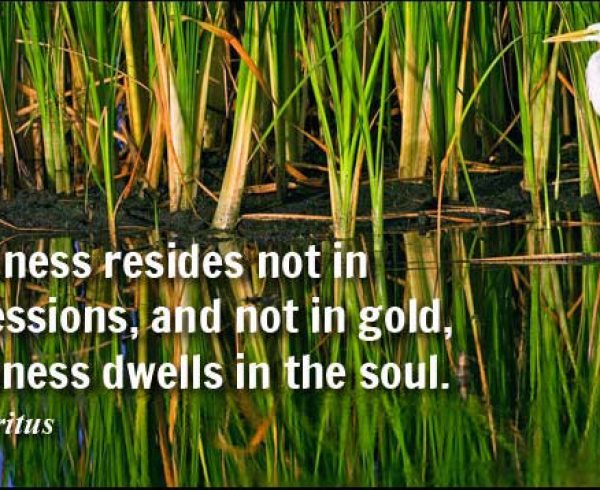In my mid-20s, I found myself overweight, unhealthy and unhappy. After almost throwing in the towel, I decided to do some research and was astounded to find that there was very little about nutrition on which the experts could agree.
I began sharing my weight-loss investigation with a mentor, an expert on ancient medical texts dating back over 2,000 years ago.
He pointed out that the literature on the subject of good health, diet and exercise actually dated to antiquity. He rattled off a few of the most prolific authors.
Did I mention I love research? I spent the next 10 years of my life tracking down rare books, connecting with scholars and locating copies of old texts.
It’s been mind-blowing to read ancient books by scholars and doctors whom I call the “Master Physicians” to see how similar their caveats are to what you’d read in the New England Journal of Medicine.
We think that the relationship between mind, body and physical health is a modern discovery. Think again.
[cm_ad_changer campaign_id=”1″ debug=”0″]
Here are 14 of my favorite bits of wisdom from Maimonides, perhaps one of the most influential physicians of the Middle Ages, who has been described as a healer of body and mind.
1. You should eat only when you are hungry and drink only when you are thirsty.
2. Overeating is like poison to the body and can lead to illness.
3. The preservation of health lies in abstaining from satiation.
4. Even someone who exercises regularly will become obese if he constantly eats refined bread.
5. Flour that has been sifted so well that no bran remains is an unhealthy food and should not be eaten in quantity.
6. If wine is consumed properly, it is a major factor in the preservation of health and the cure of many illnesses.
7. One of the most powerful forces of human nature is habit, irrespective of whether these are actions or perceptions. For instance, you may choose bad foods to which you are accustomed over good foods to which you are not accustomed even though it is the less correct choice.
8. If you do not exercise, you will suffer from pain and depleted energy levels, even if the correct foods are eaten and all the rules of medicine are followed.
9. The most beneficial hours of sleep are the eight hours until sunrise.
10. One must pay attention and constantly consider one’s emotional activities. Maintaining them in equilibrium, during health and illness, must take precedence over any other regimen.
11. Constant anxiety damages the body.
12. It is human nature to be influenced by your environment. You should only associate with people who will have a positive influence.
13. Accept the truth from whatever source it comes.
14. Any anxiety that results from thoughts about what may happen in the future are pointless because every potential occurrence lies in the realm of possibility: Maybe it will happen and maybe it will not happen. Let a person replace [stress and] anxiety with hope … It is conceivable that the opposite of what one fears will actually happen as this is (equally) in the realm of possibility.
The Master Physicians maintained that the “whole person” must be treated, not just the symptoms of illness. In those times, you didn’t just call a doctor when you were sick. You went to the doctor to discuss your general state of health and psychological well-being.
If you were sick, the doctor would examine your eating habits, fitness levels and emotional state of mind. The cause of illness was first discussed before the symptoms were diagnosed and treated.
When people ask how I can take the advice of doctors who lived 2,000 years ago, I have to chuckle. The Master Physicians had it all down millennia ago.
This article first appeared in mindbodygreen.com and is written by David Zulberg
David Zulberg is a foremost expert on Maimonides’s medical works, David holds an MS from Columbia University.








Leave a Comment